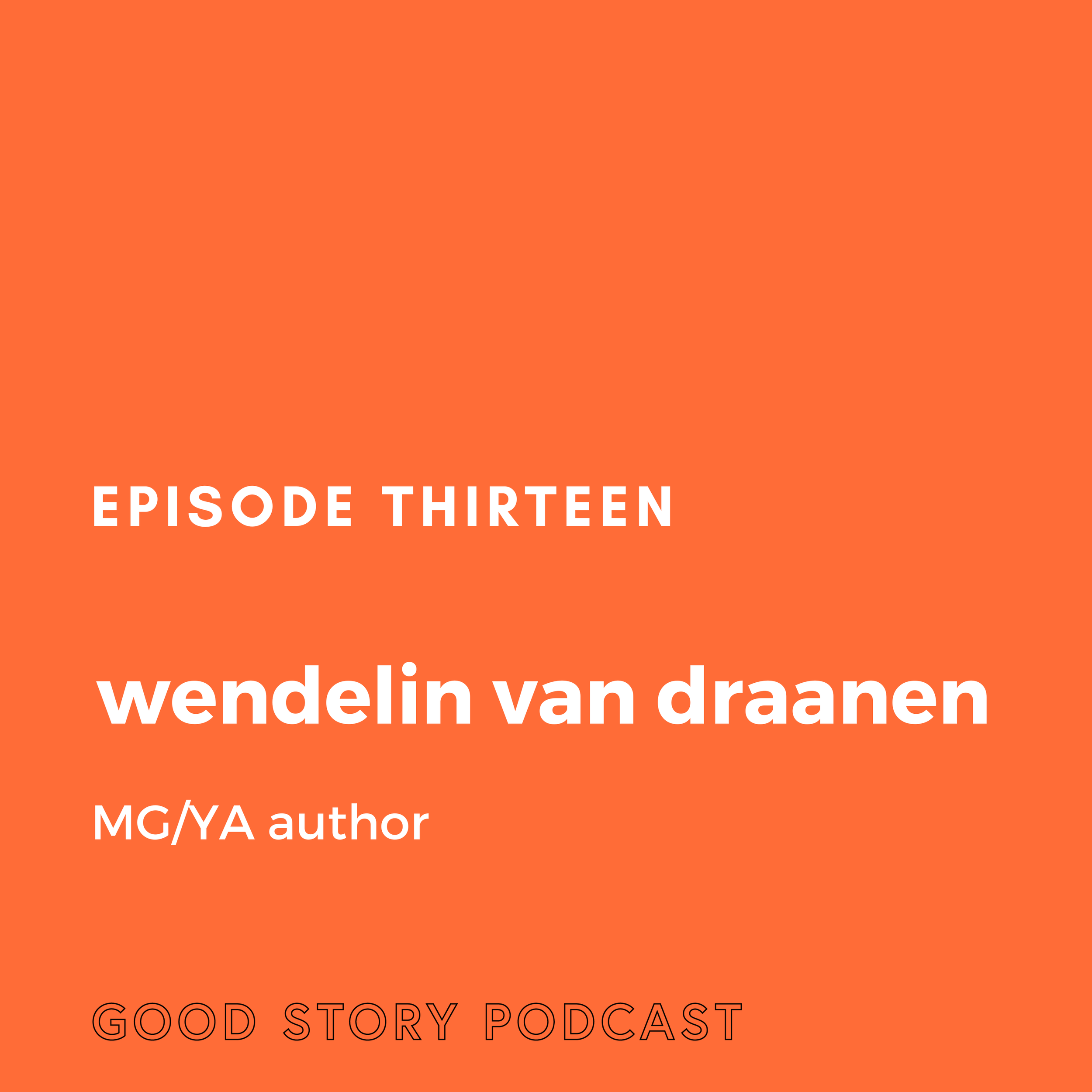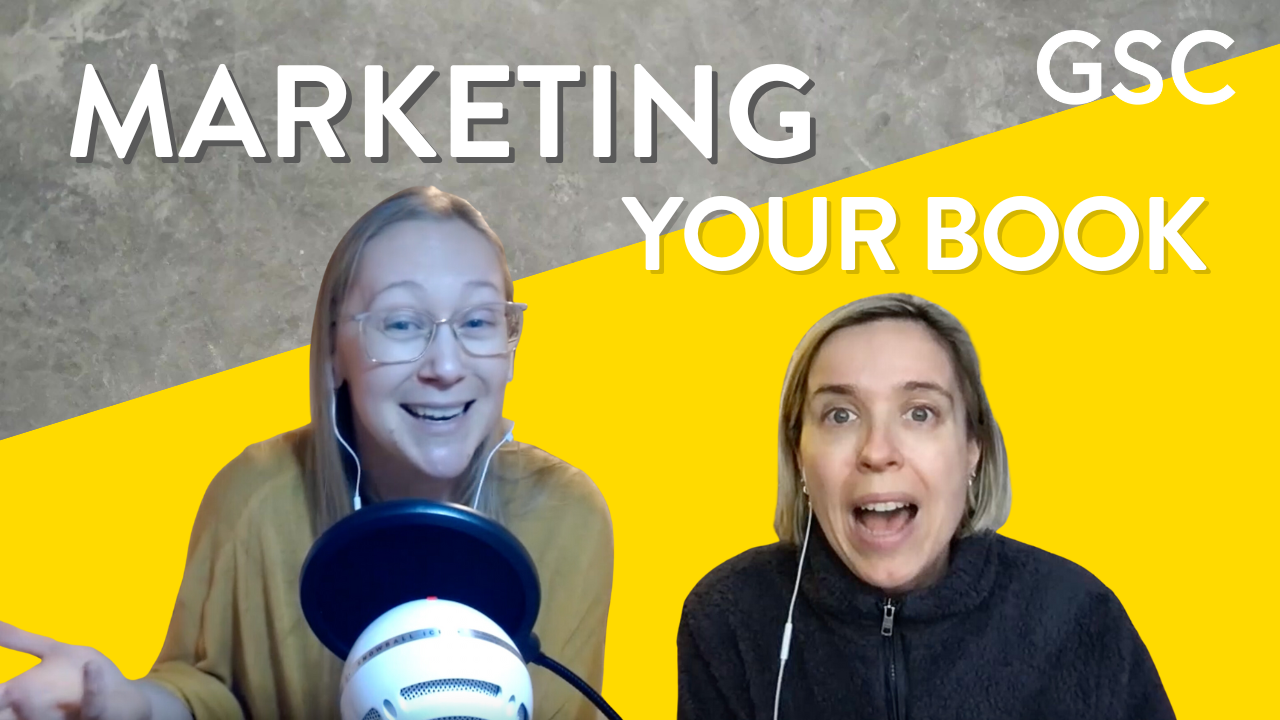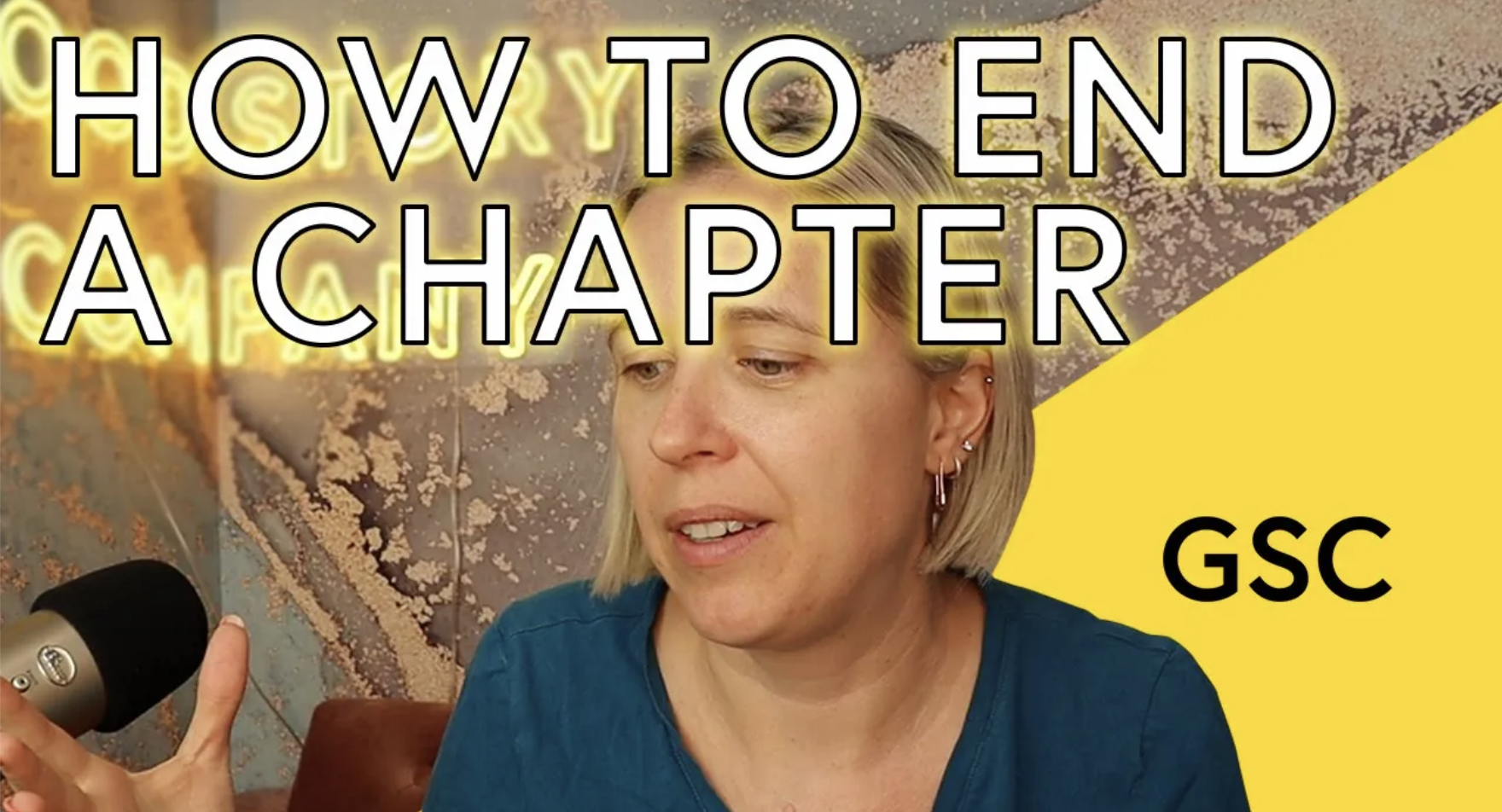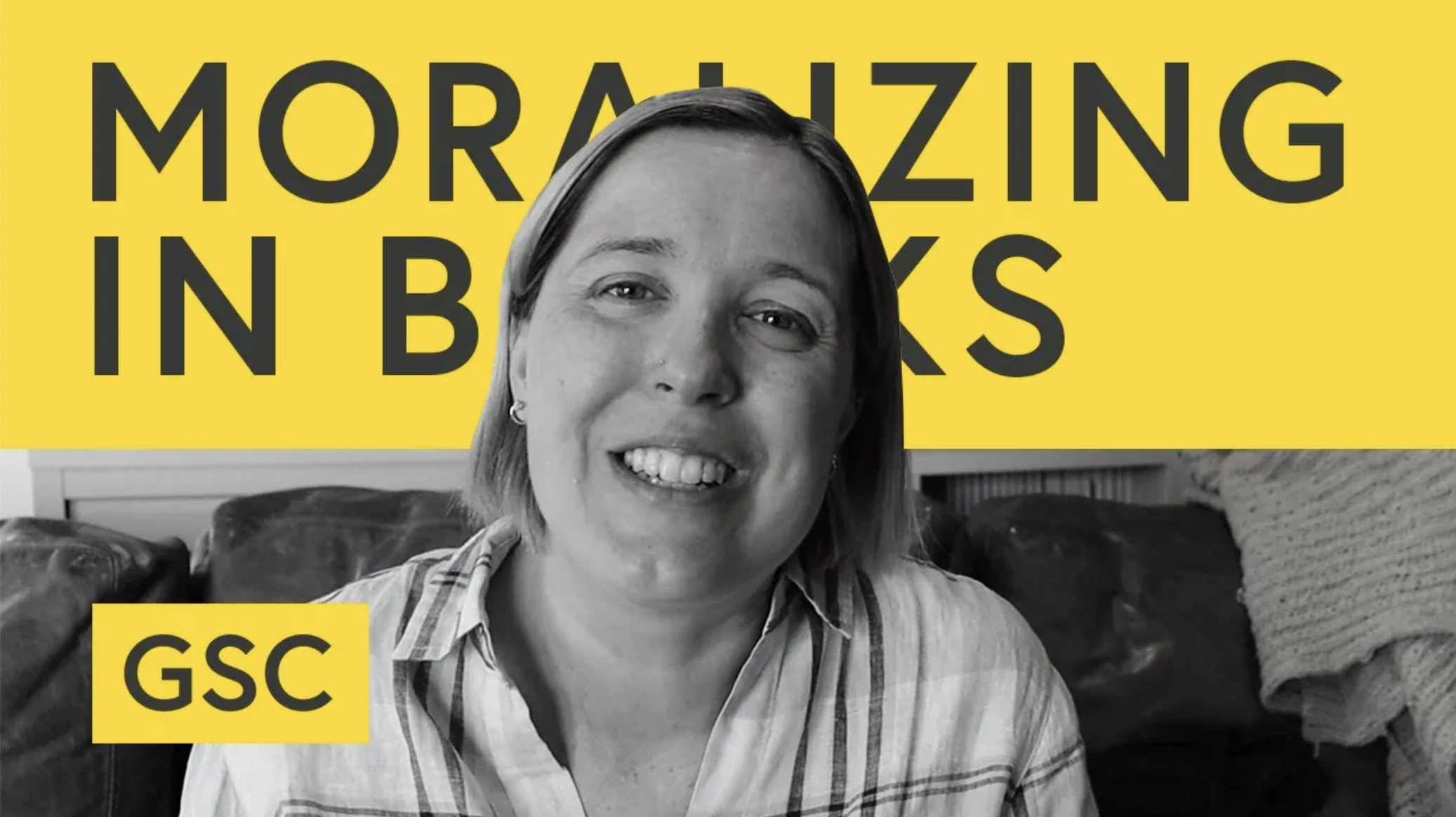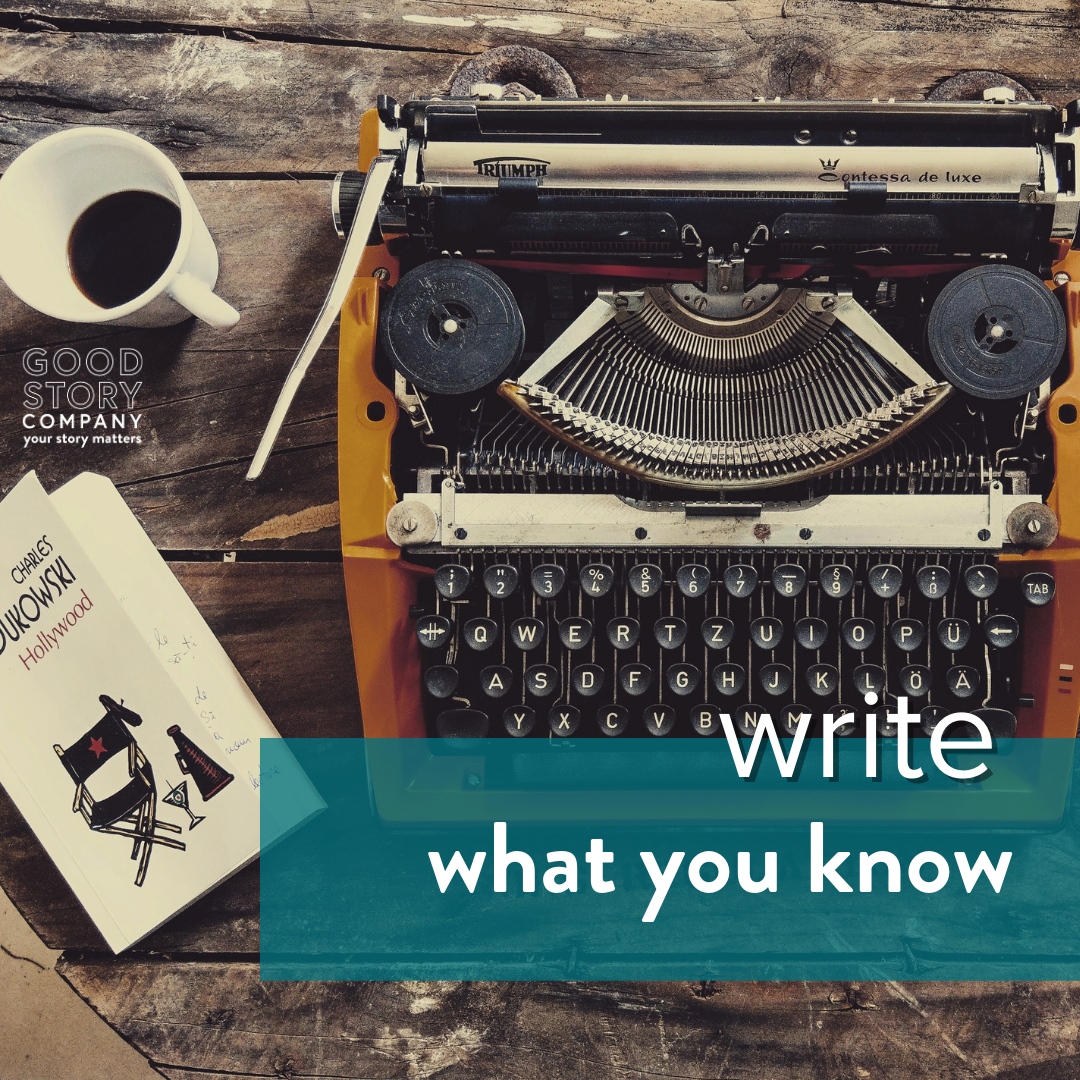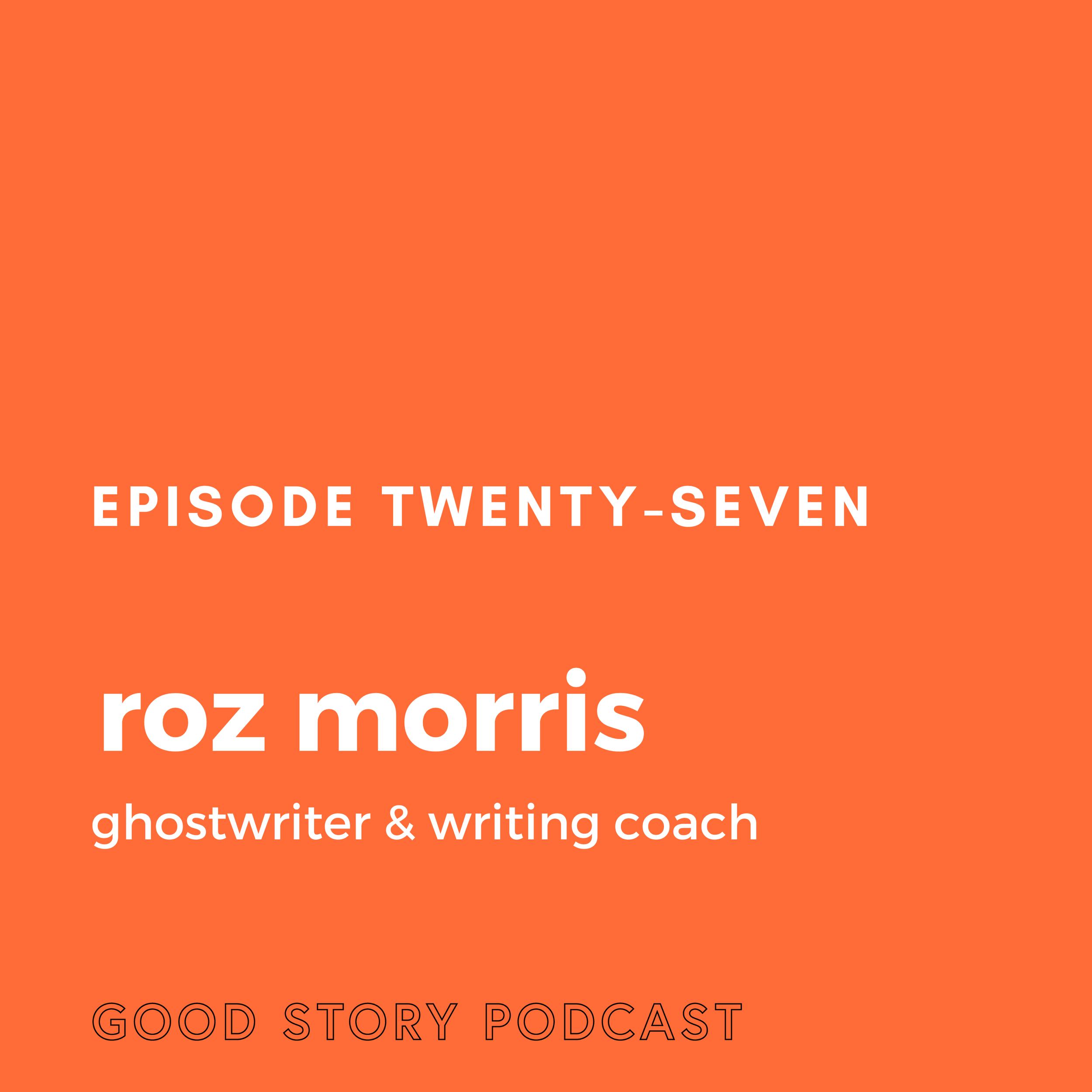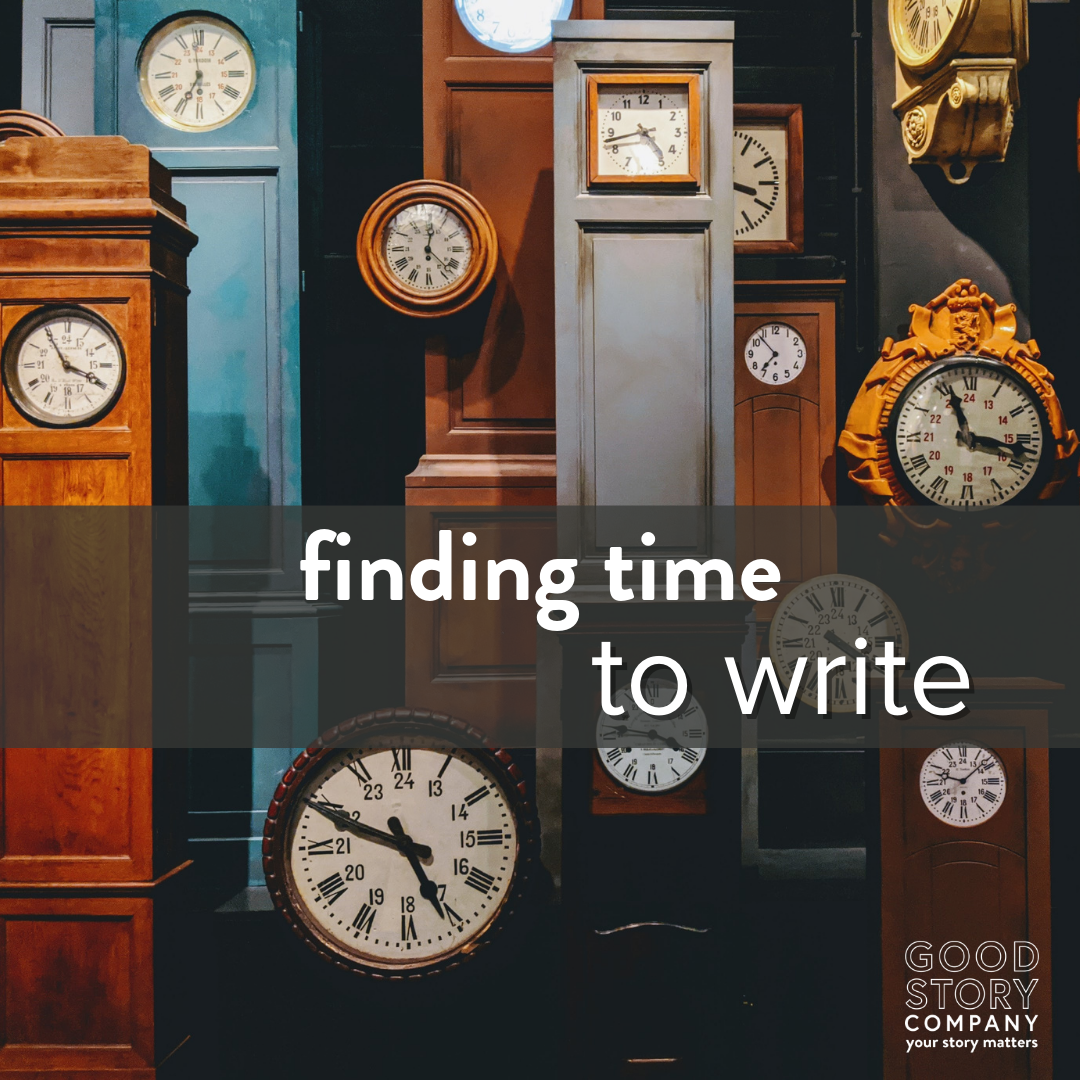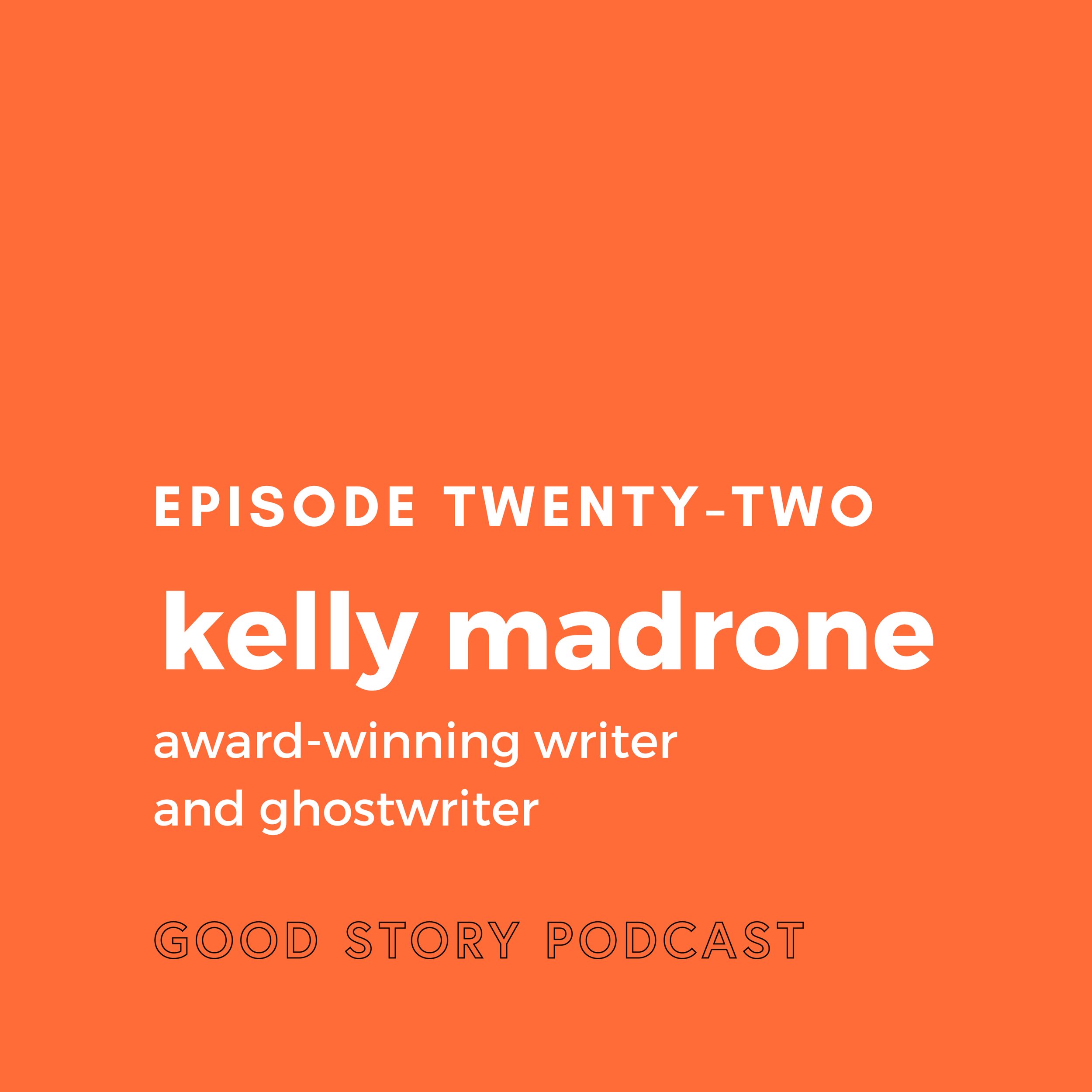
Episode 13: Wendelin Van Draanen, MG and YA Author
An uplifting conversation with author Wendelin Van Draanen, where we discuss the therapeutic nature of writing and the silver lining in a difficult path to publication.
Marketing Your Book With Emily Enger
Book Marketer and PR Coach Emily Enger joins Mary to talk about some of the aspects of the writing process that might leave a yucky taste in our mouths. Tune in for actionable tips and insights into a publicist and marketer's side of the publishing world.
Writing Shy Characters
How do you write shy characters? Shy people often have rich inner worlds that are teeming with life; they’re just selective about who they let inside. Here are a few ways to help you show your shy character’s true nature.
How to Be a Writing Buddy
How is a writing buddy different from a critique partner or writing partner? The terms are often used interchangeably, but I happen to think that a “writing buddy” is friendlier. So here’s how to be a good one, and boost your own critique and writing skills at the same time.
Tips for Writing Theme
The act of writing theme is an important ingredient in storytelling, but it doesn’t have to resound with Meaning-with-a-capital-M. In fact, theme works best when it’s subtle and even open to interpretation. Here are three tips that’ll help you incorporate theme into your story.
Advice for Beginning Writers
Some writers have been scribbling stories for so many years, they can’t remember a time when they weren’t writing. Others—like me—specifically remember when they decided to attempt a novel and began typing their first paragraphs. I want to share some advice for beginning writers here who might be feeling overwhelmed, insufficient, or daunted by the road ahead.
How to End a Chapter
Approaching how to end a chapter is tricky territory. It’s very easy to lose your reader in the white space and page break there, unless you give them a reason to stay and turn the page. Distractions are always beckoning, and nowhere is your grasp on your audience more tenuous. Check out this video to learn how to end your chapters in a compelling way!
Writing Realistic Dialogue
When done right, writing realistic dialogue isn’t simple because people aren’t. Here are some tips and tricks for writing dialogue that sounds natural and fits the character who’s speaking.
Writing The Opening Line
The opening line is your first opportunity to make an impression and entice your readers. You should want the opening line to work for the story and be meaningful, but at the same time you don’t want it to do too much. Here’s how to find that balance.
Moralizing in Books
Think twice before you moralize in your book. Ditch "sharing is caring!" and go for a more nuanced message. Here's how.
Writing Female Characters
Writing female characters can be harder than you expect, as a writer, but it’s important to get right. There are some blind spots that many of us—men and women alike—have when it comes to crafting compelling female characters.
Write What You Know
“Write what you know” is common advice, but it can feel like an attempt to limit creativity. You write to discover new places and understand different points of view. If you only write what you know, how can you write about what you don’t know?
Episode 27: Roz Morris, Ghostwriter and Writing Coach
Roz Morris and Mary dive into the mechanics of storytelling and discuss how to connect with your audience—whether you're writing someone else's story or you're telling your own.
A Million Bad Words
In order to write, you have to WRITE! Spending time learning theory, taking classes, and reading books are beneficial, but ultimately it is practice that will make you a better writer. Learn how a million bad words can turn into a good story.
Finding Time to Write
Finding time to write can sometimes seem impossible. If you have a packed schedule due to school, your day job, or multiple day jobs, you may think it’s impossible to start your novel, let alone finish it. Here are some ways to carve out time in your day to write.
Episode 22: Kelly Madrone, Award-Winning Writer and Ghostwriter
Ghostwriter Kelly Madrone joins us to talk about writing as someone else, modulating a professional potty mouth, and creating a story arc in memoir.
Show Don’t Tell
Show don’t tell is one of the first pieces of advice given to new writers. My first writing professor preached that we all STAY AWAY from exposition. Still, even with SDT etched into our minds, writers slip into exposition and description, missing opportunities to immerse their readers.
Episode 7: Jessica Brody, Author and Writing Teacher
An interview with author and writing teacher Jessica Brody, where we discuss what makes a compelling story, how to apply story structure whether you're a plotter or pantser, and tackling large-scale revisions without ripping your hair out.
Writing Descriptions
Dust motes swirling in the gloom are enchanting, but do you really need to describe them in detail? Let’s look at some guidelines for writing descriptions so you can quench your thirst for gorgeous imagery without sacrificing the pacing of your story.
Help! I’m Stuck in the Muddy Middle!
Most times we can see where our story begins and where it ends, but it’s the muddy middle where we get stuck and face writer’s block. Here are some tips to get you out of the sludge and moving again.

